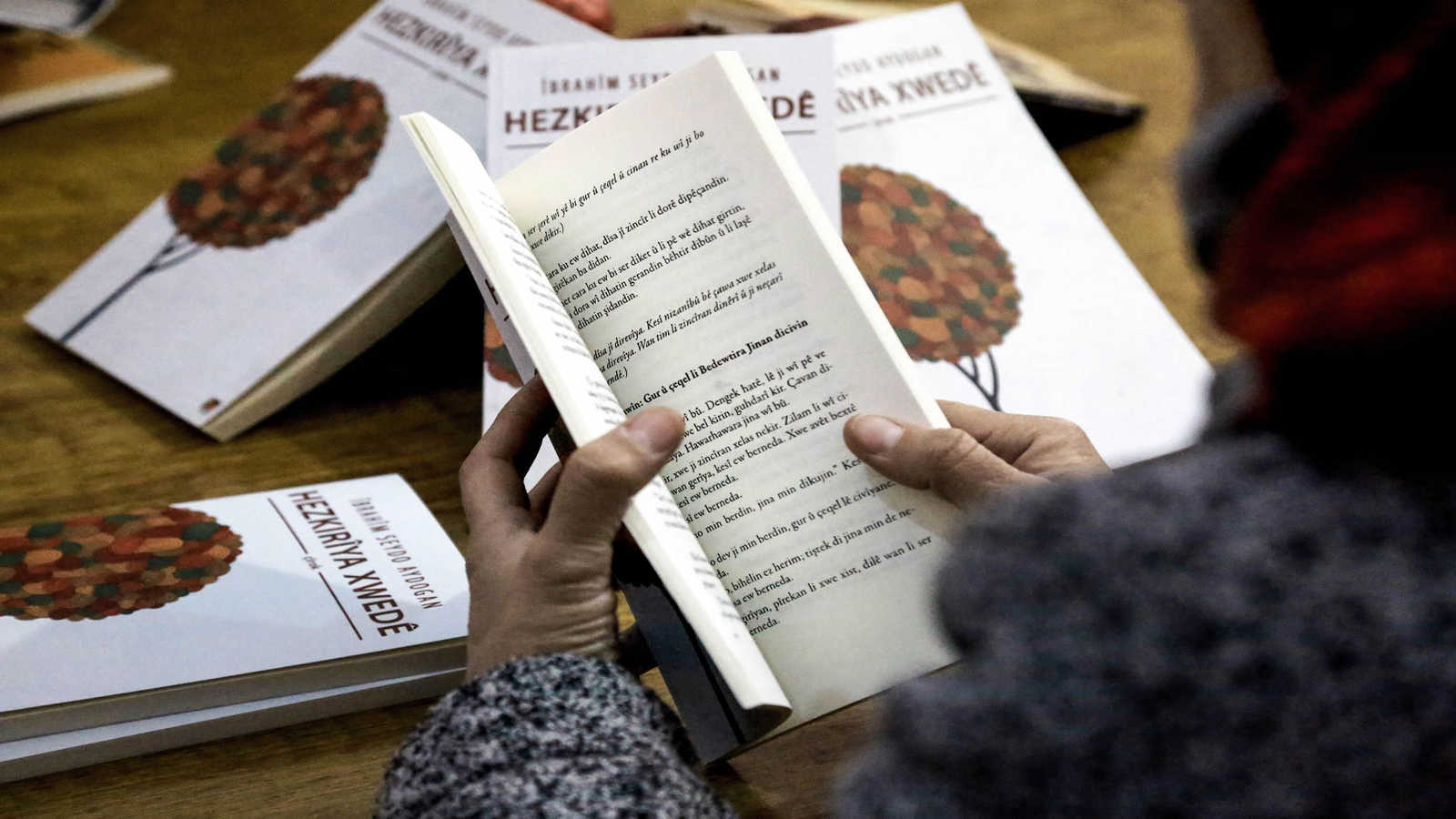The Kurdish-led Autonomous Administration of North and East Syria has been sanctioning private schools and institutes in its areas of control in northeast Syria and arresting teachers for not following the Kurdish curriculum in their educational systems.
The education crisis has been exacerbating in the areas under the control of the Kurdish-led Syrian Democratic Forces (SDF) in northeastern Syria after the latter failed to impose its Kurdish curriculum on schools and private institutes in their areas of control.
Teaching the Kurdish language in the Kurdish-majority areas began in 2012 when the Syrian regime forces withdrew from the areas. Small schools were opened to teach the Kurdish language, then Kurdish was introduced to schools’ curricula so that students were able to learn the basics of the language.
Following the formation of the Autonomous Administration of North and East Syria in 2013, and the subsequent formation of a government and governmental bodies in northeast Syria, the Education Authority was established in 2014.
In 2016, the Education Authority trained some 2,600 teachers specializing in the Kurdish language to teach primary school students. The authority also issued a decision to suspend the Syrian regime curriculum and began to impose its own curriculum in the Kurdish language. The decision, however, was rejected by several private institutes and teachers as well as students. The latter had to depart from the SDF-controlled areas to be able to continue their education elsewhere.
On Dec. 14, 2020, the Education Authority in the Jazira region filed a lawsuit against 18 institutes teaching the Arabic curriculum in the city of Qamishli, based on the decision issued by the Education Authority of the Autonomous Administration in the Jazira region. This decision was issued on June 12, 2017, providing for the closure of institutes that teach the Arabic curriculum and the arrest of their officials, and fining them an amount of 1 million Syrian pounds ($2,157) for each institute, with a stay of execution for the last two penalties.
The SDF-affiliated Autonomous Administration also arrested dozens of educators on charges of teaching the regime’s curriculum in private institutes in the cities and towns of Hasakah, Qamishli and Deir ez-Zor.
During the spate of arrests, several students were also apprehended, before being later released. Teachers, on the other hand, remain behind bars in SDF prisons.
Al-Monitor tried to contact the SDF’s Education Authority for comment but there was no reply.
A teacher, who preferred not to be named for fear of reprisal, told Al-Monitor, “After the Autonomous Administration imposed educational curricula in the Kurdish language, many families began to look for private schools or Syrian public schools to enroll their children since the regime’s curriculum is officially recognized, while the Kurdish curriculum is not and this would affect the students’ educational future.”
The source noted, “Both Kurdish and Arab students also agreed to the need to follow the official curriculum taught in the Arabic language, which would allow them to be admitted to universities outside the SDF-controlled areas. This is why it is imperative for the Autonomous Administration to consider its decision to allow students to continue their education.”
The teacher added, “I work in a private institute that follows the curriculum of the Syrian government. Most students from the [SDF-controlled] areas join these private institutes, ditching schools that are affiliated with the Autonomous Administration since they are not well equipped and the educational cadres are not specialized, just loyal to the [Kurdish-led] authorities. The curriculum taught at these schools was established by Kurdistan Workers Party leader Abdullah Ocalan. But even officials in the Autonomous Administration send their children to private institutes and schools, as they are the best in the area.”
The father of one of the students told Al-Monitor on condition of anonymity, “When the armed factions took control of our areas, they deliberately obliterated anything related to the regime in schools and educational curricula. At the beginning of 2014, the Islamic State [IS] took control of these areas, and the educational process came to a complete halt and was replaced by religious studies by IS preachers in mosques, calling for killing and infidelity.”
He said, “When the SDF took over, students were required to learn about the ideology of the Kurdish Democratic Union Party, which created a new problem. This did not help students to secure their future, especially since the Syrian regime does not recognize the Kurdish curriculum, which in turn was not in line with the reality of the community.”
The parent added, “Parents here truly fear for their children’s future, notably in high school, where students are readied to qualify for and enter university. The [high school] certificate is issued by the Ministry of Education in Damascus. Also, most of the Kurdish students — and not only Arabs — do not go to Kurdish schools but they rather choose private institutes or public schools within the security zones under the regime’s control. Some warehouses in state institutions have been turned into classrooms, as every classroom has up to 100 students, which is not a wise decision in light of the coronavirus outbreak.”
In light of all this, many parents send their children to the regime-held areas, especially those who are preparing for the official high school exams. “I sent my son to Damascus and registered him in an institute, which is of course very costly, not to mention that we are worried about him there. But we had no other choice,” the father added.
In the face of these decisions, teachers in the SDF-held areas in eastern Syria began Feb. 21 a general strike in protest to SDF violations against educators and disregarding their demands. Teachers were calling for the abolition of the penalties imposed on private institutes and the release of teachers, in addition to increasing employees’ salaries, supporting the education sector and schools.
 Eurasia Press & News
Eurasia Press & News




